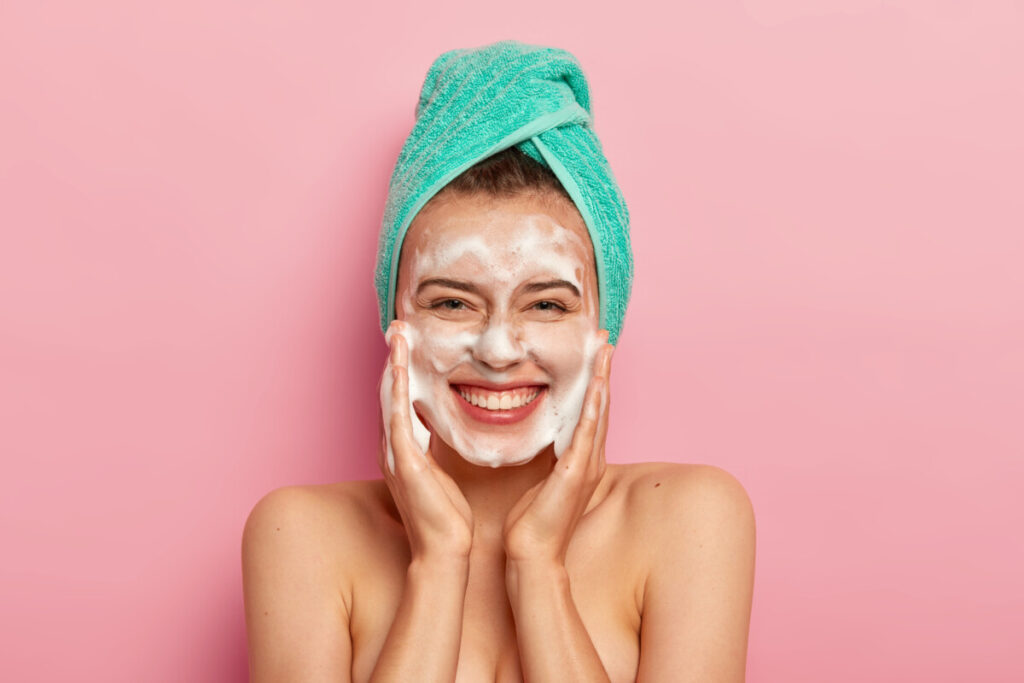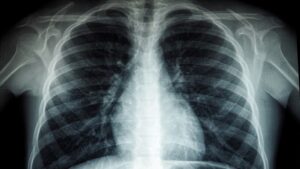[ad_1]
Facial cleansing is essential for skin health, but it needs time and attention, otherwise it can cause a variety of problems. Unfortunately, however, there are many mistakes made during it.
Many people think that the face needs cleaning only when it looks dirty or to remove makeup, but the reality is that the skin needs it on a daily basis. The frequency of cleaning, however, is not the same for all people. Many need to cleanse their face twice a day, while others only need to cleanse once.
The key to cleansing frequency is skin type.
Dry and sensitive skin should be cleansed once a day, ideally late afternoon. Conversely, oily skin may need cleansing morning and night. Cleaning is also required after heavy sweating (such as happens during a hard work or training). Sweating especially when wearing a hat or helmet can cause skin irritation, so the face must be cleaned as soon as possible.
Cleansing removes dirt and grime that accumulates in the skin and creates many problems, such as oxidative damage or collagen breakdown and the development of wrinkles. Even acne can be seen in people with oily skin who do not clean frequently. But for those who do not have particularly oily or acne-prone skin, this is unlikely to happen.
Apart from the frequency, the method of cleaning is also very important. The ideal cleansing products for the face are those that do not irritate the skin, do not contain perfumes or alcohol (they say fragrance free), do not contain allergenic substances and do not cause pimples (non-caesogenic).
It is a mistake to think that the face is not cleansed if it does not develop a slight burning sensation or is not red after washing. This irritation disrupts the skin’s protective layer and can lead to sensitivity or even infections.
It is also wrong to clean the skin with ordinary soap and water. “Common soaps strip the skin of its natural fat (sebum) and disrupt its pH. They also damage its natural barrier, opening the way to dryness and irritation,” explains the expert. “What the skin of the face needs is a mild product, which deeply cleanses the skin, without irritating or burdening it in any way.”
It is also a big mistake to rub the skin hard, either during cleaning or during drying. Contrary to popular belief, scrubbing the face while cleansing with a sponge, cloth or otherwise does not rid the skin of sebum. It can have the exact opposite effect, as the skin reacts to this type of mechanical exfoliation by producing even more sebum, which can clog pores.
After cleansing you must rinse your skin with lukewarm water and not with hot or cold water, because again its balance can be disturbed. Then you have to dry it with a towel, but with which you will touch it gently (dabbing) without rubbing it. Gentle wiping does not harm the skin if the towel is not dirty or contaminated (eg with bacteria, fungus). Also, make sure that the towel is not made of rough fabric, as it can cause irritation.
You should be especially careful about sharing a towel around the eyes because it is easy to spread germs from one person to another. It is better to have small towels in your bathroom, which each member of the family will use exclusively for their face and change them daily.
Several mistakes, however, are observed even before cleaning the skin. Many, e.g., do not wash their hands with soap before cleaning their face, while others do not remove make-up before cleaning. Removing makeup is also essential before cleansing, because cosmetics contain pigments, preservatives, trace elements and minerals that can clog pores if not removed with special products.
But then it is absolutely necessary to cleanse, to remove the remnants of make-up which can also clog the pores if they remain on the skin, even leading to pimples, especially around the eyes.
Cleansing must be completed by moisturizing the skin, to restore its moisture and prevent dry skin.
[ad_2]
Source link






